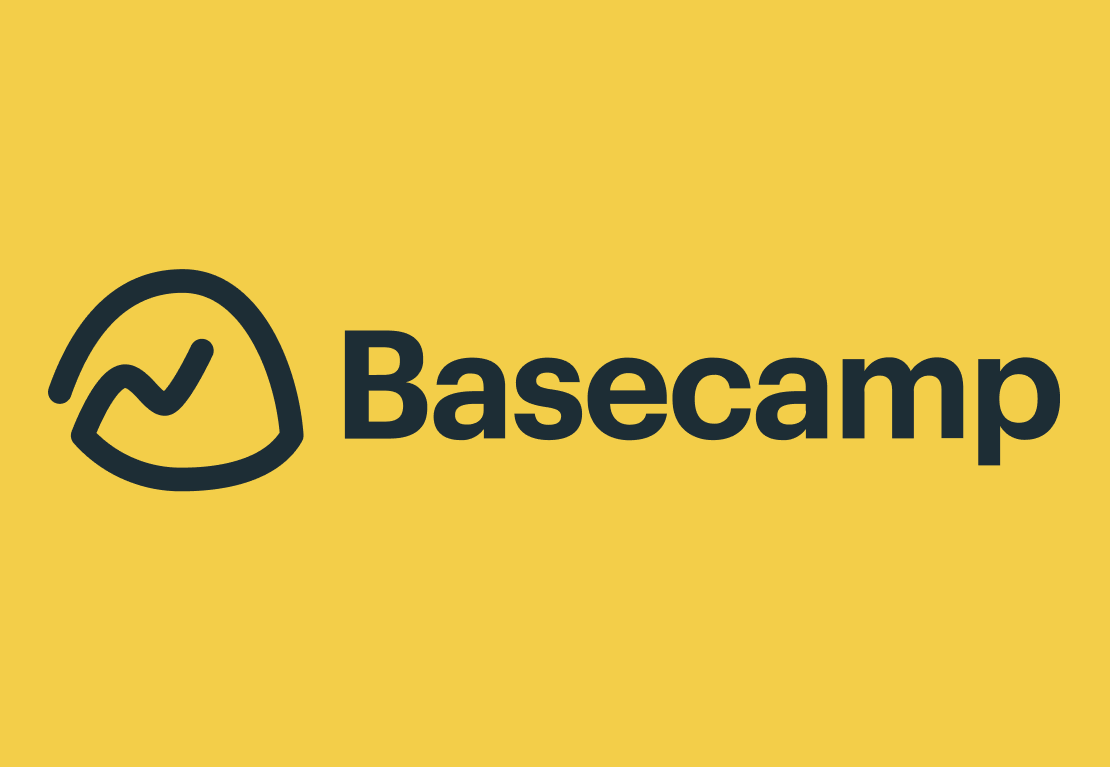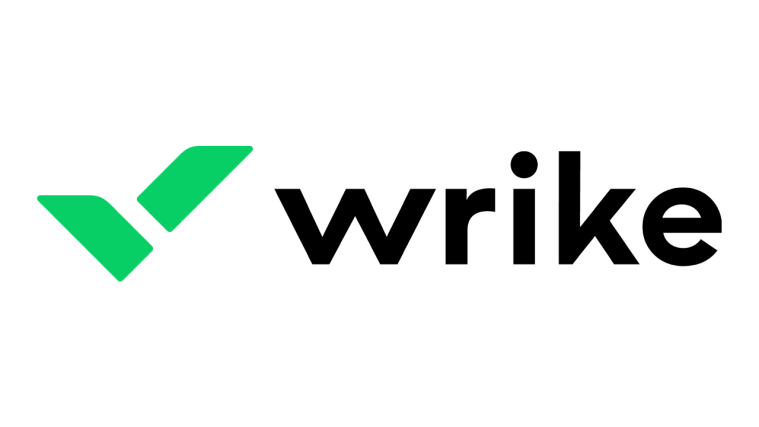Basecamp: The Ultimate Project Management and Team Collaboration Tool

Managing projects and fostering collaboration is a challenge for any team, especially in the fast-paced digital era. Whether you’re coordinating a small business project or managing a large-scale enterprise, having a reliable project management tool can make all the difference. Basecamp has emerged as a top-tier solution for teams looking for simplicity, efficiency, and collaboration under one unified platform.
In this detailed article, we’ll take an in-depth look at Basecamp, its core features, benefits, pricing, integrations, and how it compares to other project management solutions. By the end, you’ll see why Basecamp has become a trusted platform for thousands of teams worldwide.
Table of Contents
- What is Basecamp?
- Why Choose Basecamp?
- Core Features of Basecamp
- Task Management
- Real-Time Communication
- File and Document Sharing
- Scheduling and Deadlines
- Automatic Check-ins
- Hill Charts
- How Basecamp Supports Teams Across Industries
- Basecamp Pricing: How Much Does It Cost?
- Getting Started with Basecamp
- Integrations with Other Tools
- Basecamp vs. Competitors
- Basecamp for Remote Work
- Customer Success Stories
- FAQs About Basecamp
- Conclusion: Why Basecamp is Worth It
What is Basecamp?
Basecamp is an all-in-one project management and team collaboration tool designed to simplify workflows, improve communication, and help teams stay organized. Launched in 2004, Basecamp has grown into a trusted platform used by businesses, nonprofits, agencies, and startups worldwide.
The platform provides tools for managing projects, assigning tasks, tracking progress, and ensuring that every team member is on the same page. Its intuitive interface and straightforward features make it accessible for teams of all sizes, whether remote or in-office.
Why Choose Basecamp?
Basecamp distinguishes itself through its simplicity and effectiveness. Here’s why teams prefer it over other project management tools:
1. Simplicity and Ease of Use
Basecamp is built with a user-friendly interface, allowing teams to jump in and start working without a steep learning curve.
2. Centralized Communication
Keep all discussions, tasks, and files in one place. No more jumping between multiple tools to stay updated.
3. Transparent Workflows
Everyone on the team knows what’s happening, what needs to be done, and who’s responsible for each task.
4. Scalability
Whether you’re managing one project or coordinating across multiple teams, Basecamp grows with your needs.
5. Affordable Pricing
Unlike many project management tools that charge per user, Basecamp offers flat-rate pricing, making it cost-effective for large teams.
Core Features of Basecamp
Basecamp’s features are designed to streamline collaboration and ensure projects run smoothly. Let’s explore these in detail:
1. Task Management
Basecamp simplifies task management by organizing work into to-do lists. Assign tasks to team members, set deadlines, and track progress effortlessly.
2. Real-Time Communication
The built-in Campfire chat allows teams to communicate instantly. Use message boards for detailed discussions and eliminate the need for endless email chains.
3. File and Document Sharing
Upload files, images, and documents directly to Basecamp, and organize them into folders for easy access.
4. Scheduling and Deadlines
Basecamp’s schedule feature helps teams plan effectively. Keep track of deadlines, milestones, and events, all in a centralized calendar.
5. Automatic Check-ins
Simplify status updates with automatic check-ins. Basecamp prompts team members to share progress or answer questions at regular intervals.
6. Hill Charts
Visualize project progress with Hill Charts, a unique feature that provides a bird’s-eye view of task completion.
How Basecamp Supports Teams Across Industries
Basecamp is versatile and caters to various industries:
- Marketing Teams: Streamline campaign planning, content creation, and performance tracking.
- Software Development: Manage sprints, track bugs, and foster collaboration between developers and designers.
- Agencies: Coordinate with clients, manage multiple projects, and track deliverables.
- Education: Facilitate communication between teachers, students, and administrators.
Basecamp Pricing: How Much Does It Cost?
Basecamp keeps pricing simple with a flat-rate plan:
- Basecamp Business Plan: $99/month for unlimited users and projects.
- Basecamp Personal Plan: Free, with limited features for small teams or personal use.
This transparent pricing model makes it an attractive option for organizations that want to avoid per-user fees.
Getting Started with Basecamp
Step 1: Sign Up
Visit the Basecamp website to create an account and explore the free trial.
Step 2: Set Up Your Projects
Create projects and add team members to collaborate.
Step 3: Organize Tasks
Use to-do lists to assign tasks and set deadlines.
Step 4: Leverage Features
Utilize message boards, schedules, and file-sharing features to keep everything in one place.
Step 5: Monitor Progress
Track progress with Hill Charts and automatic check-ins.
Integrations with Other Tools
Basecamp integrates with popular tools to enhance productivity:
- Communication Tools: Slack, Microsoft Teams.
- File Sharing: Google Drive, Dropbox.
- Time Tracking: Harvest, Toggl.
For a full list of integrations, visit the Basecamp integrations page.
Basecamp vs. Competitors
Basecamp vs. Trello
While Trello excels with Kanban boards, Basecamp offers a more comprehensive suite for project management.
Basecamp vs. Asana
Basecamp simplifies workflows, whereas Asana provides advanced customization for larger teams.
Basecamp vs. Monday.com
Basecamp’s flat-rate pricing gives it a competitive edge for larger teams compared to Monday.com’s per-user fees.
Basecamp for Remote Work
Basecamp is particularly popular among remote teams:
- Centralized Communication: Keep all team discussions and updates in one place.
- Accessibility: Work from anywhere with Basecamp’s desktop and mobile apps.
- Time Zone Management: Track progress across different time zones easily.
Customer Success Stories
Thousands of teams rely on Basecamp to streamline workflows. Here are some success stories:
- A marketing agency reduced project turnaround time by 20% using Basecamp’s to-do lists and collaboration tools.
- A software development firm improved communication between teams and clients, enhancing project transparency.
FAQs About Basecamp
Q: Is Basecamp free?
Basecamp offers a free personal plan with limited features.
Q: Does Basecamp support integrations?
Yes, Basecamp integrates with numerous tools to enhance productivity.
Q: Can Basecamp be used offline?
Basecamp requires an internet connection, but some offline functionality is available via its mobile app.
Conclusion: Why Basecamp is Worth It
Basecamp is more than just a project management tool—it’s a comprehensive solution for team collaboration and organization. Its simplicity, affordability, and powerful features make it a favorite for teams across industries.
Ready to transform your workflows? Visit Basecamp and explore its features today!






